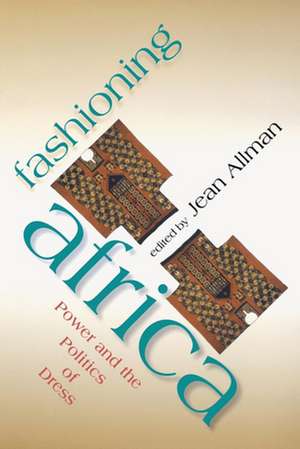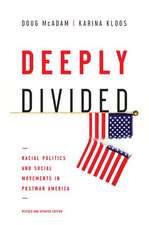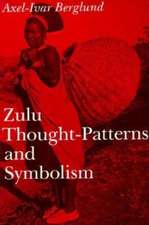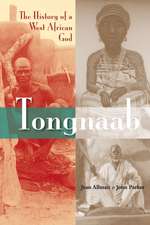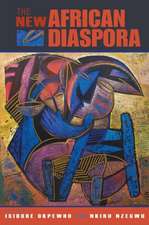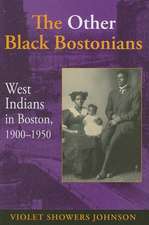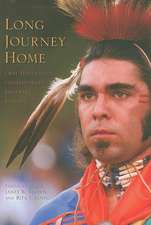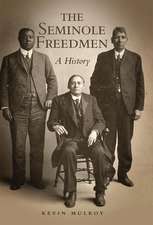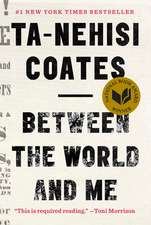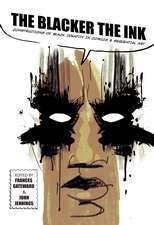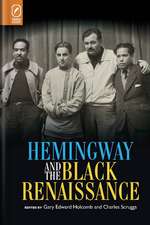Fashioning Africa – Power and the Politics of Dress
Autor Jean Allmanen Limba Engleză Paperback – 8 sep 2004
Contributors are Heather Marie Akou, Jean Allman, A. Boatema Boateng, Judith Byfield, Laura Fair, Karen Tranberg Hansen, Margaret Jean Hay, Andrew M. Ivaska, Phyllis M. Martin, Marissa Moorman, Elisha P. Renne, and Victoria L. Rovine."
Preț: 146.72 lei
Nou
Puncte Express: 220
Preț estimativ în valută:
28.08€ • 29.45$ • 23.37£
28.08€ • 29.45$ • 23.37£
Carte tipărită la comandă
Livrare economică 01-15 aprilie
Preluare comenzi: 021 569.72.76
Specificații
ISBN-13: 9780253216892
ISBN-10: 0253216893
Pagini: 256
Dimensiuni: 175 x 239 x 14 mm
Greutate: 0.4 kg
Editura: MH – Indiana University Press
Locul publicării:United States
ISBN-10: 0253216893
Pagini: 256
Dimensiuni: 175 x 239 x 14 mm
Greutate: 0.4 kg
Editura: MH – Indiana University Press
Locul publicării:United States
Cuprins
Introduction: Fashioning Power: The Politics of Dress in Modern Africa Jean Allman Part 1. Fashioning Unity: Women and Dress; Power and Citizenship 1. Remaking Fashion in the Paris of the Indian Ocean: Dress, Performance, and the Cultural Construction of a Cosmopolitan Zanzibari Identity Laura Fair; 2. Dress and Politics in Post World War II Abeokuta (Western Nigeria) Judith Byfield; 3. Nationalism without a Nation: The Dress of Somali Women in Minneapolis-St. Paul Heather Marie Akou Part 2. Dressing Modern: Gender, Generation, and Invented (National) Traditions 4. The Importance of Clothing in Struggles over Identity in Colonial Western Kenya Margaret Jean Hay; 5. Putting on a Pano and Dancing Like Our Grandparents: Nation and Dress in Late Colonial Luanda Marissa Moorman; 6. Anti-mini Militants Meet Modern Misses: Urban Style, Gender, and the Politics of National Culture in 1960s Dar es Salaam, Tanzania Andrew M. Ivaska Part 3. Disciplined Dress: Gendered Authority and the National Politics 7. From Khaki to Agbada: Dress and Political Transition in Nigeria Elisha P. Renne; 8. Let Your Fashion Be in Line with Our Ghanaian Costume: Nation, Gender, and the Politics of Cloth-ing in Nkrumah's Ghana Jean Allman; 9. Miniskirts, Gender Relations, and Sexuality in Zambia Karen Tranberg Hansen Part 4. African Traditions and Global Markets: The Political Economy of Fashion and Identity 10. Fashionable Traditions: The Globalization of an African Textile Victoria L. Rovine; 11. African Textiles and the Politics of Diasporic Identity- Making A. Boatema Boateng; Afterword Phyllis M. Martin
Recenzii
These 11 essays, mainly by women scholars, establish in various ways and with different examples the relationship between dress and politics. Both the concepts of dress and politics are broadly defined: from what people wear to how they make and wear articles of clothing in relation to the statements they intend by their actions, even when they are not explicit about those statements. Thus, the book starts with a 1953 story of how the use of men's headwear was becoming unfashionable in Accra, and uses the event to say that the people of Ghana in their decade of decolonization were making a statement about their newfound citizenship, the rejection of an aspect of British culture, and a call for unity among the people. The essays deal with various intellectual aspects of dress in various countries: style, performance, textiles, and attire. The authors clearly and convincingly reveal the political language communicated by dress, with an emphasis on resistance and challenges to power. The useful but inadequate illustrations indicate the complexity of the subject and the interest that the book should generate. Summing Up: Highly recommended. Graduate students, researchers/faculty.--T. Falola, University of Texas, 2005may CHOICE
Notă biografică
Descriere
Reveals the intimate connections between politics, power, and clothing
